Granite Cleaning Tips From an Expert Countertop Designer
Granite countertops are a popular choice for their beauty and durability. However, maintaining their appearance requires some special care and knowledge. In this article, expert countertop designer shares invaluable tips on cleaning and maintaining your granite surfaces. According to Ramsey Solutions, 55% of homebuyers report being willing to pay more for a house with granite countertops in the kitchen.
Understanding Granite Characteristics
The Unique Properties of Granite
Granite is a natural stone formed from cooled magma, making it incredibly durable and heat resistant. Its unique formation process results in a wide range of colors and patterns, which add a luxurious look to any kitchen. The inherent strength of granite allows it to resist scratches and damage from everyday use, making it a preferred material for countertops. However, granite is also naturally porous, which means it can absorb liquids and become stained if not properly sealed. Understanding these properties is crucial for maintaining its appearance and longevity. Working with a professional countertop designer can help you better understand these nuances and choose the best care techniques for your surfaces.
Common Misconceptions About Granite Care
Many people assume that because granite is tough, it requires little maintenance. This is a misconception, as while granite is resilient, it still needs regular care to keep it looking its best. Another common myth is that granite is immune to stains; however, due to its porosity, it needs to be sealed regularly to prevent staining. Additionally, there's a belief that any cleaner can be used on granite, but this isn't true. Acidic or abrasive cleaners can damage the stone's surface and affect its shine. Consulting with a countertop designer ensures you’re using safe and effective cleaning products suited to your specific type of granite.
Granite Formation and Its Impact on Cleaning Methods
The formation of granite contributes to its intricate patterns and colors, which can affect how it responds to different cleaning methods. Since granite is formed under extreme pressure and heat, its surface may contain tiny pits and fissures, making it essential to choose cleaning products that do not damage its texture. Non-abrasive, pH-balanced cleaners are best for maintaining granite's natural beauty without eroding its surface. Understanding the stone's geological formation helps in selecting the appropriate cleaning techniques and products to preserve its distinct features. A knowledgeable countertop designer can recommend specific cleaners that align with your granite’s characteristics.
Natural Porosity and Sealing Implications
Granite's natural porosity means it can absorb spills, leading to stains and possible damage over time. Sealing the stone is important as it acts as a barrier, preventing liquids from seeping into its surface. Regular sealing is recommended, as it enhances the countertop's resistance to stains and extends its lifespan. The frequency of sealing depends on the type and color of the granite, with lighter shades generally requiring more frequent applications. By understanding the sealing needs of your granite and consulting a countertop designer, you can ensure its enduring beauty and functionality.
Color Variations and Custom Cleaning Needs
Granite comes in a multitude of colors and patterns, each with its own cleaning requirements. Lighter-colored granites, while elegant, may show stains and spills more easily, necessitating prompt cleaning. Meanwhile, darker granites can mask stains but still require regular cleaning and maintenance. Each color variation may react differently to certain cleaners, emphasizing the importance of testing a small area before widespread application. By tailoring your cleaning approach to your specific granite type, you achieve optimal results and prolong the stone's aesthetic appeal.
Daily Cleaning Routine
Choosing the Right Cleaning Products
Selecting the right cleaning products is pivotal for maintaining granite countertops. Look for pH-neutral cleaners that are specifically designed for natural stones to avoid damaging the surface. Stay away from acidic substances like vinegar and lemon juice, as they can etch or dull the polished surface. Mild dish soap mixed with warm water acts as an effective everyday cleaner, ensuring the granite remains in pristine condition. Also, microfiber cloths are recommended for wiping surfaces without leaving scratches.
Step-by-Step Daily Cleaning Process
Your daily cleaning routine should start by removing any debris or crumbs with a soft cloth or a small brush. Mix a small amount of dish soap with warm water to create a gentle cleaning solution, and use a soft cloth to wipe down the surface. This helps remove any residues or spills accumulated during the day. Rinse the cloth with plain water and wipe the countertops again to remove any soap residue. Finally, dry the surface with a microfiber cloth to prevent water spot formation and maintain the granite's shine.
Best Practices for Preventing Stains
Preventing stains on granite countertops involves immediate action after spills. Blot, rather than wipe, spills to avoid spreading the liquid further across the surface. Implement coasters and trivets to prevent heat and moisture from pots or glasses from directly contacting the stone. Regularly resealing the granite enhances its resistance to stains, maintaining its natural beauty. Prompt treatment and regular upkeep are key to preventing common stains from setting and tarnishing the countertop's finish.
Do’s and Don’ts of Granite Cleaning
Do use a soft cloth or sponge for wiping, and ensure cleaners used are diluted as needed. Avoid harsh scrubbers or scouring pads that might scratch the surface. Do clean up spills as quickly as possible to prevent them from soaking into the stone. Don’t use bleach or ammonia-based cleaners, as they can alter the color and degrade the sealant. Following these guidelines helps maintain granite's distinctive sheen and condition.
Common Mistakes to Avoid
A common mistake is using abrasive materials like steel wool or rough sponges, which can scratch granite. Avoid placing hot cookware directly on the surface to prevent potential heat damage. Another frequent error is the overuse of cleaner; a small amount is typically sufficient. Additionally, neglecting to wipe with water post-cleaning can leave soapy residues that dull the countertop. Being mindful of these mistakes aids in prolonging the beauty and lifespan of your granite fixtures.
Deep Cleaning Techniques
When to Deep Clean Your Granite
Granite countertops typically benefit from a deep cleaning once every few months, depending on usage. If you notice the appearance of stains or a dulling surface, it is a clear sign for a deeper clean. Implementing deep cleaning practices helps remove embedded grime and preserve the stone's natural beauty. For households with frequent cooking or high countertop use, scheduling a monthly deep clean strategy may be necessary. Routine deep cleaning complements daily care, ensuring the granite remains visually impressive.
Tools and Products for Deep Cleaning
Deep cleaning granite requires specific tools and products to achieve the best results. A specialized stone cleaner is recommended for breaking down tough stains without damaging the granite. Nonabrasive pads or brushes are ideal for lifting dirt from the surface without scratching. Microfiber cloths are essential for final polishing and drying, maintaining the stone’s glossy finish. Consider using a stone-safe disinfectant spray to eradicate any bacterial growth accumulated through kitchen tasks.
Non-acidic Solutions and Their Benefits
Non-acidic solutions are highly beneficial for cleaning granite as they prevent damage and etching on the stone's surface. These pH-neutral cleaners do not strip away the protective sealant, preserving the countertop’s shine. Employing solutions specifically formulated for natural stone helps ensure a deep clean without the risk of surface deterioration. They also minimize the occurrence of unsightly streaks or residues. Regular use of non-acidic solutions significantly contributes to maintaining the elegance and integrity of your granite countertops.
Maintaining your granite countertops doesn't have to be a daunting task. With the right knowledge and techniques, you can ensure that your countertops remain as stunning as the day they were installed. By following these expert tips, you'll enjoy the timeless elegance of granite in your home for years to come. If you're seeking a professional countertop designer, make sure to contact Legg Lumber today!


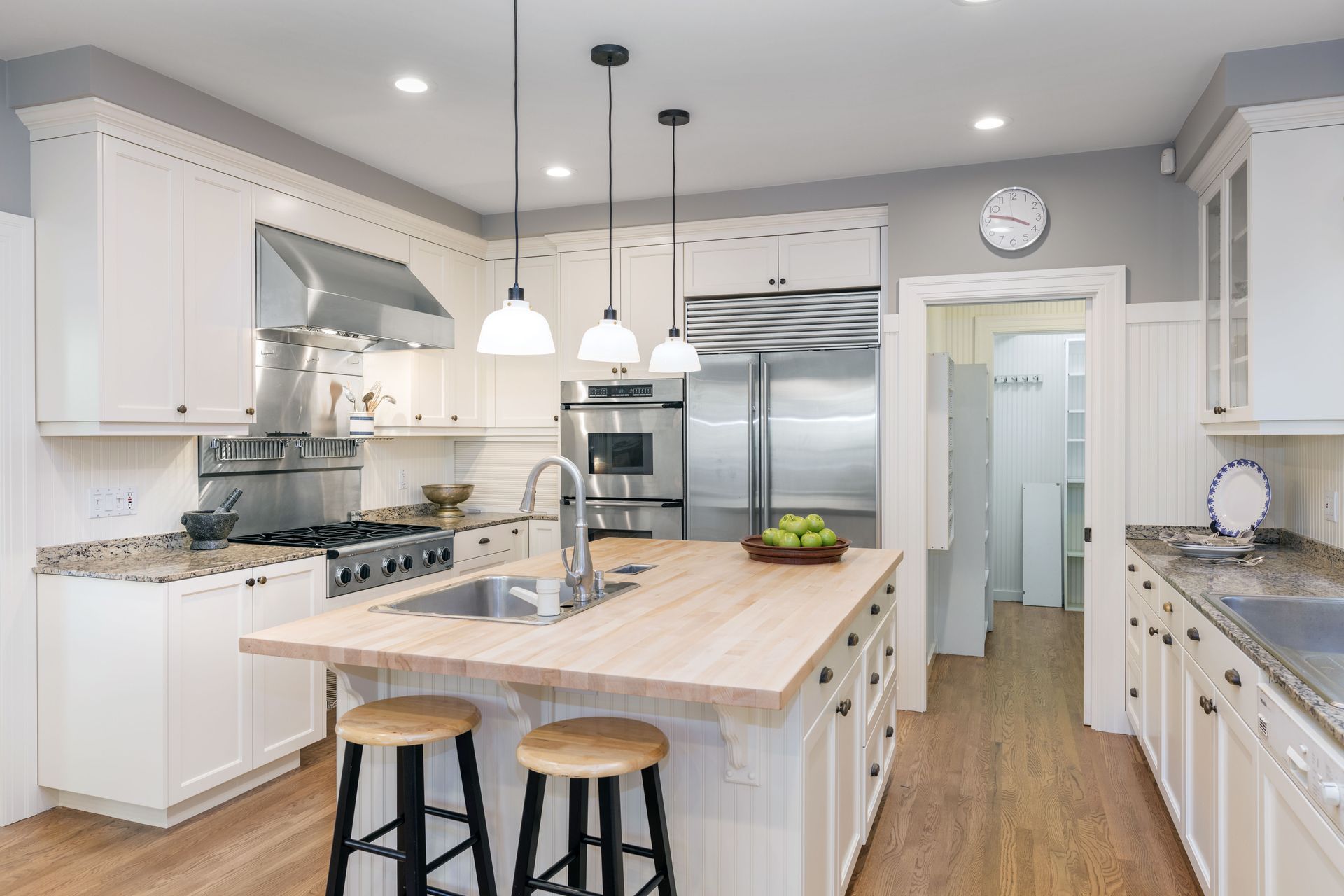

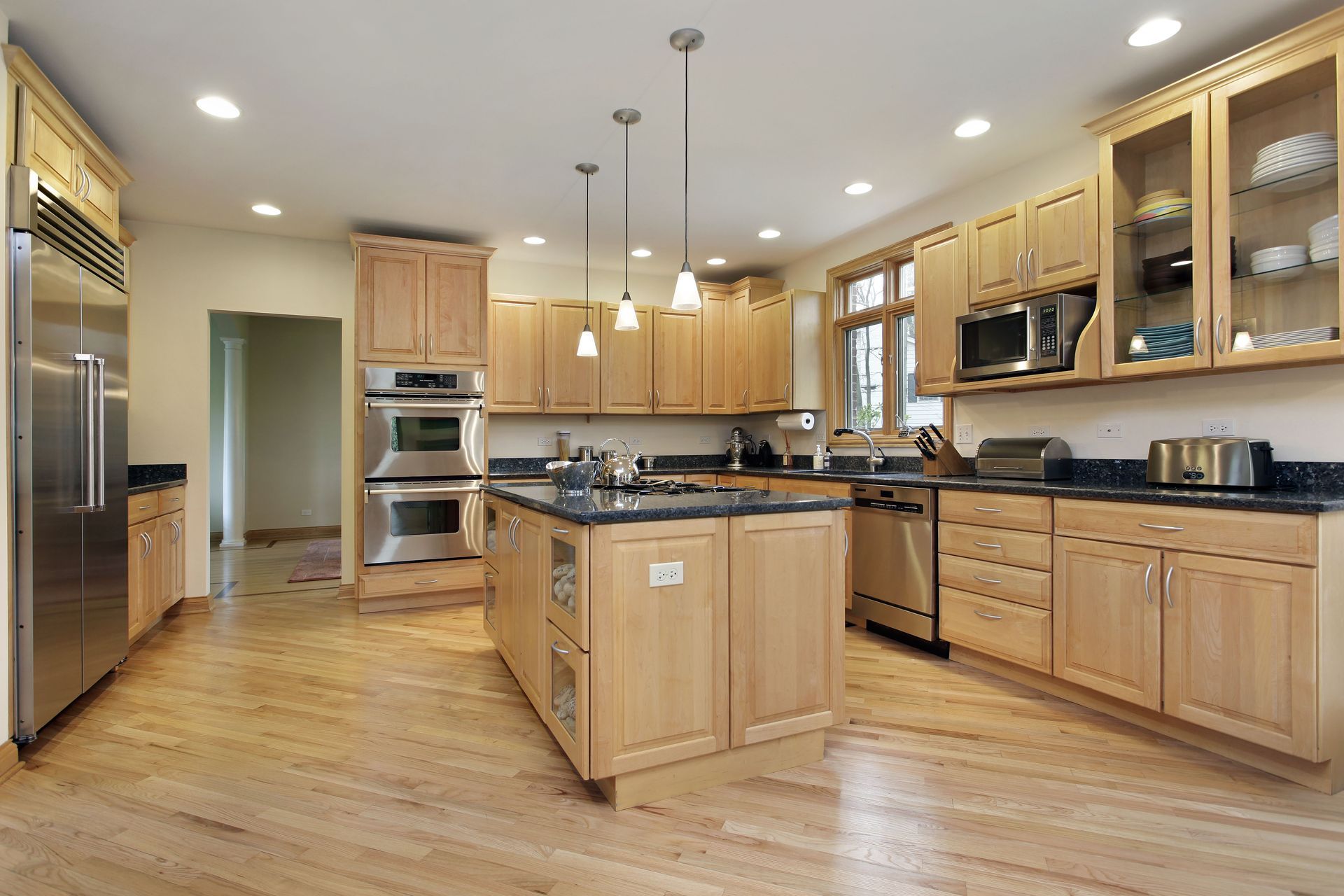


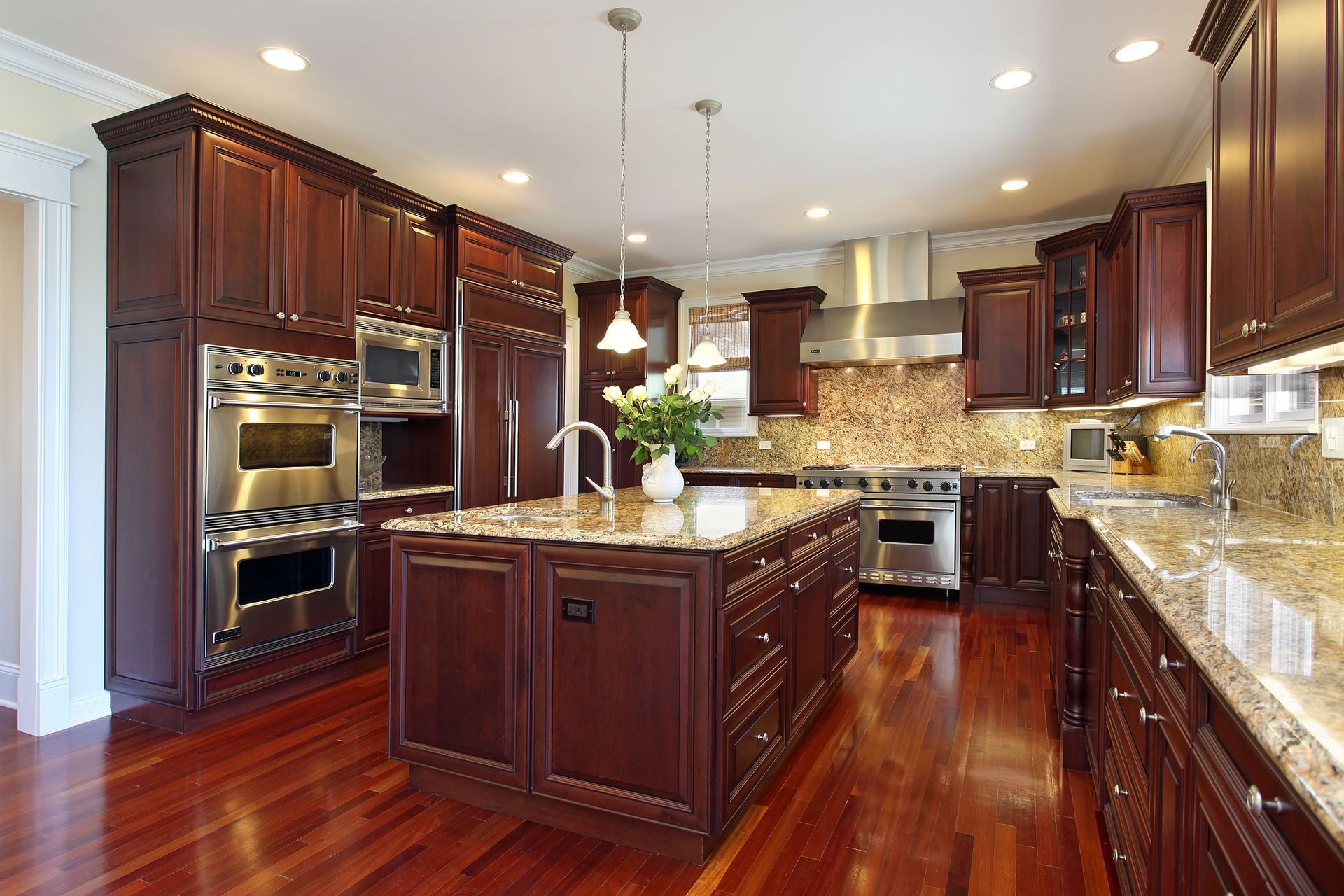
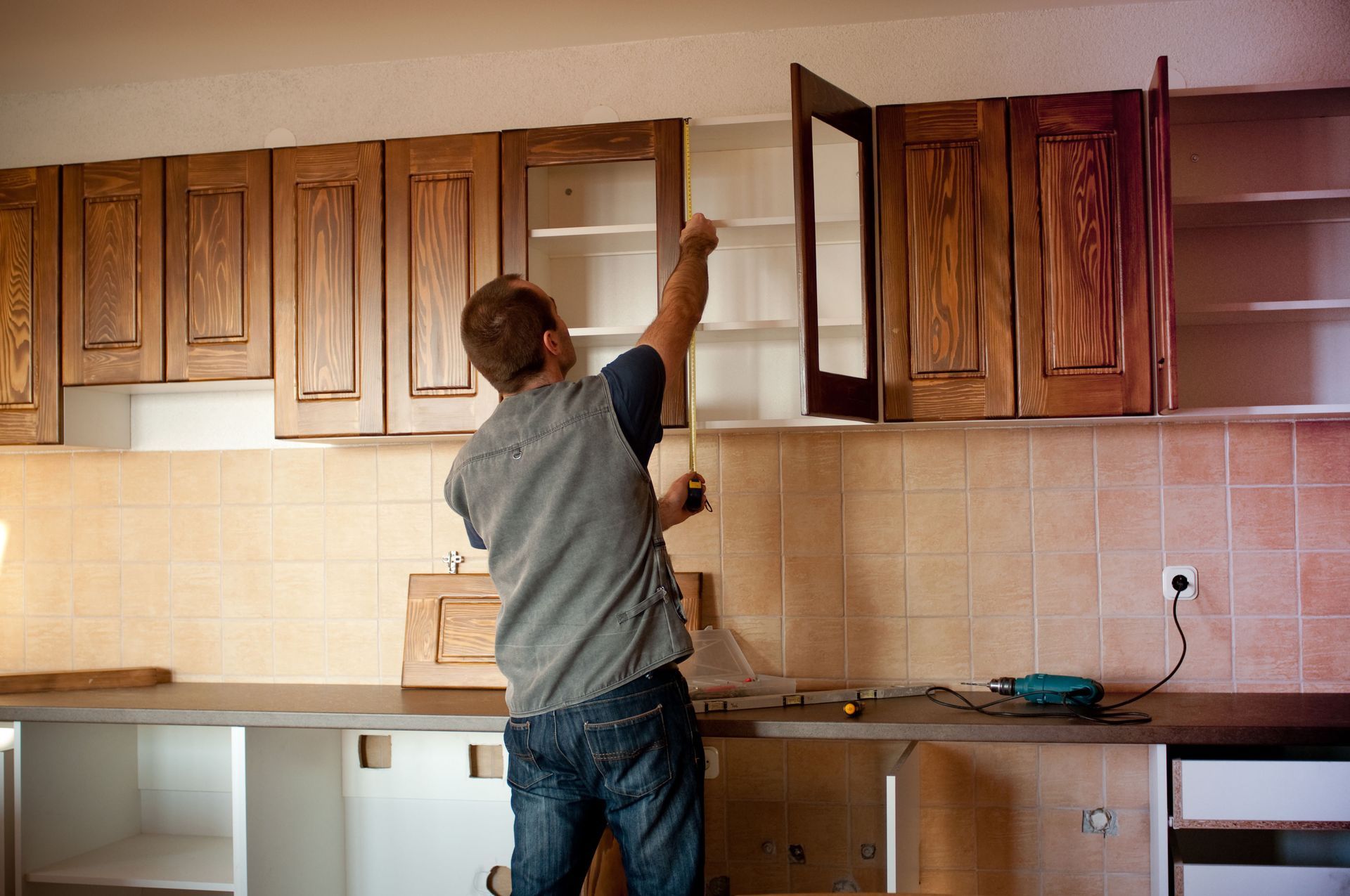
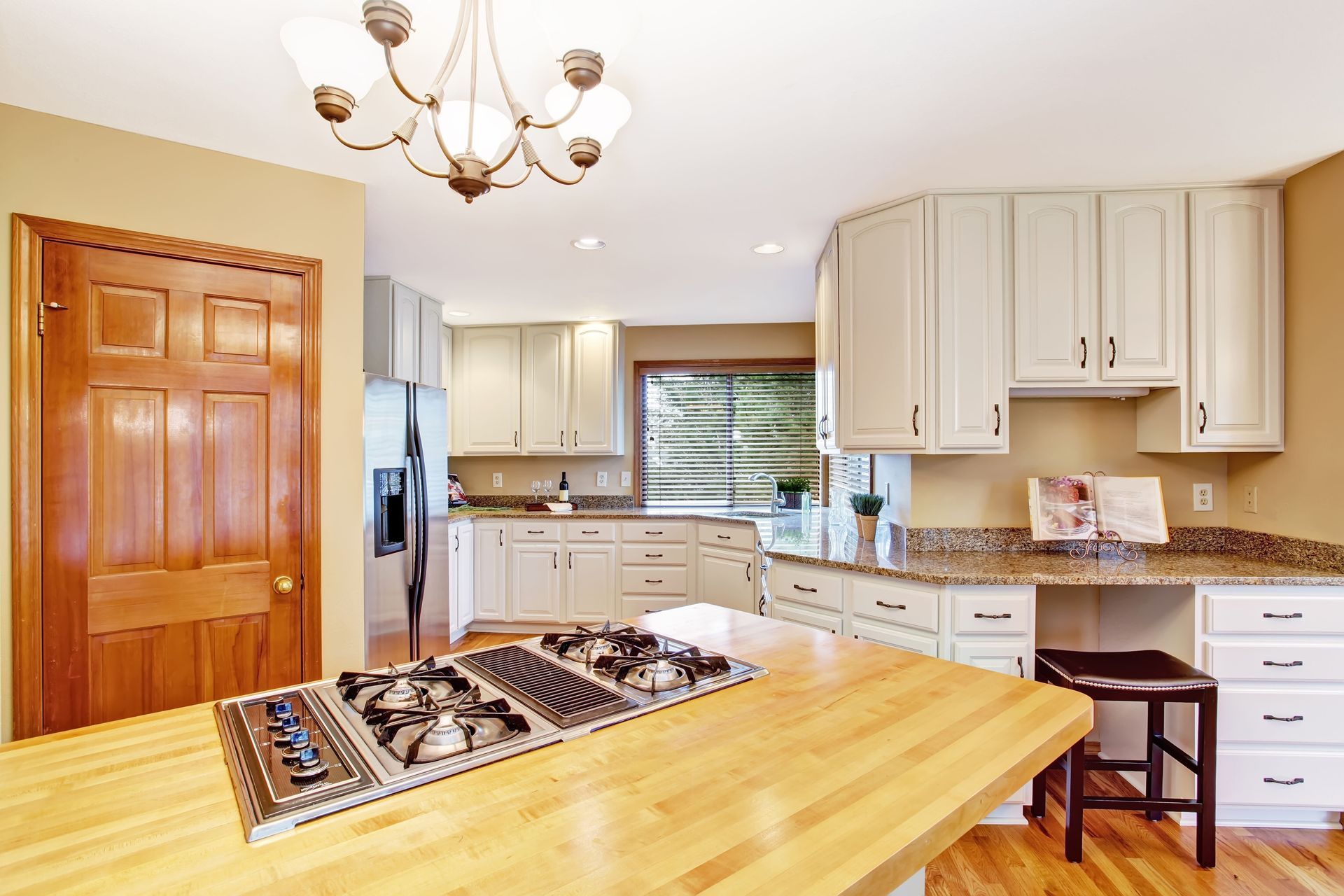

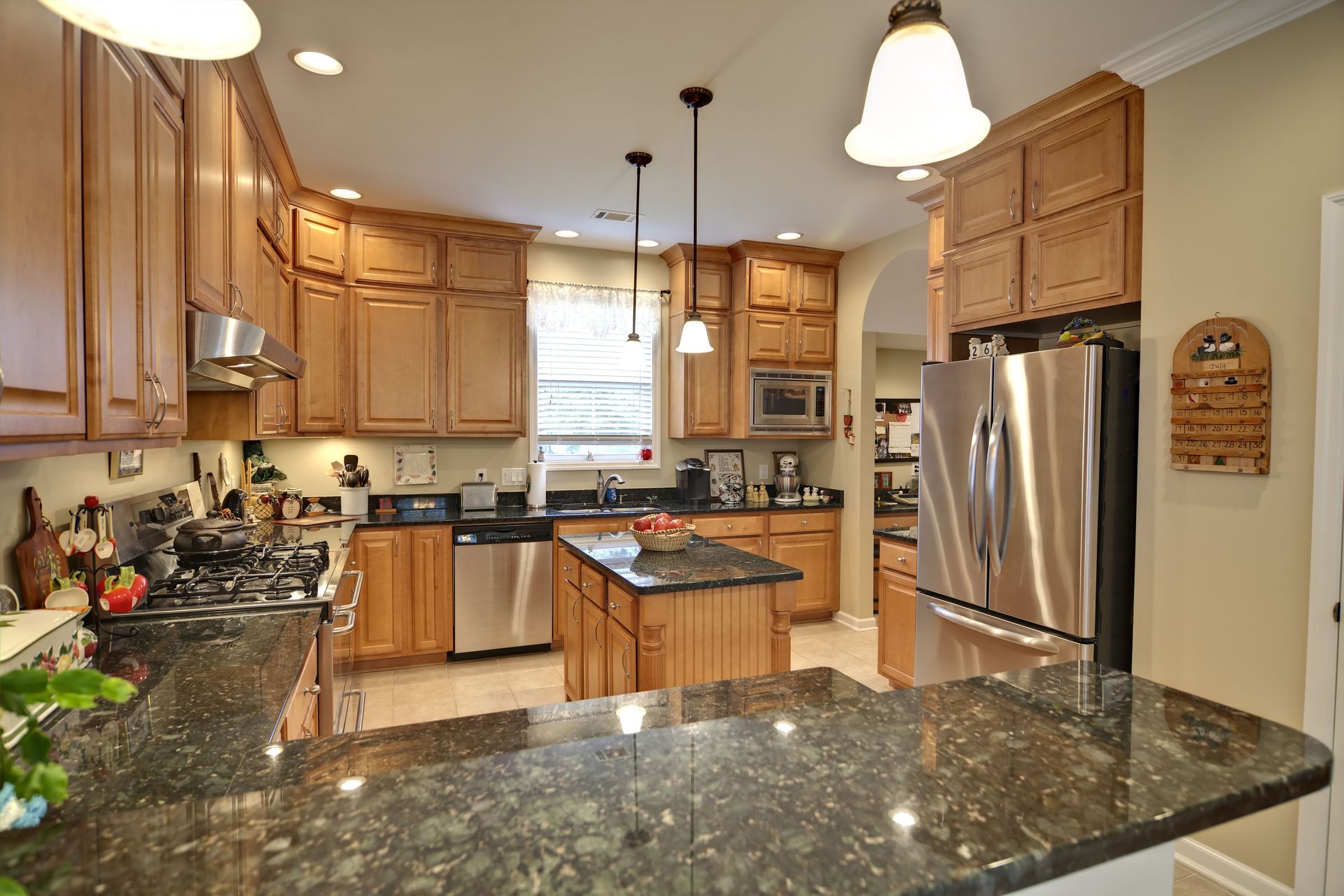
Share On: